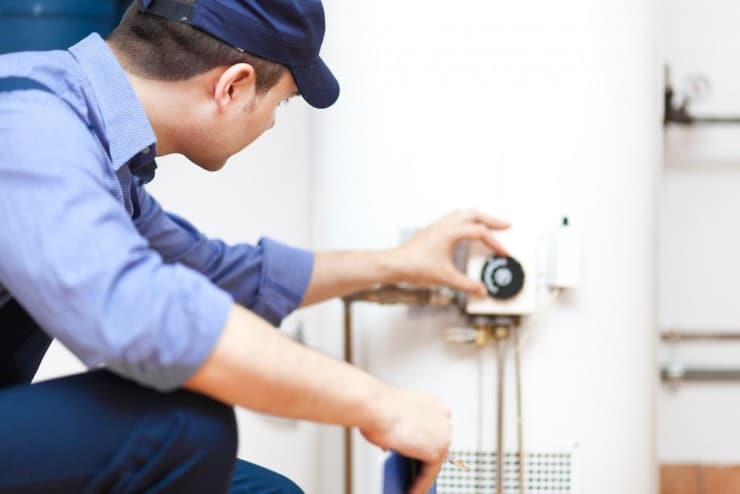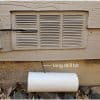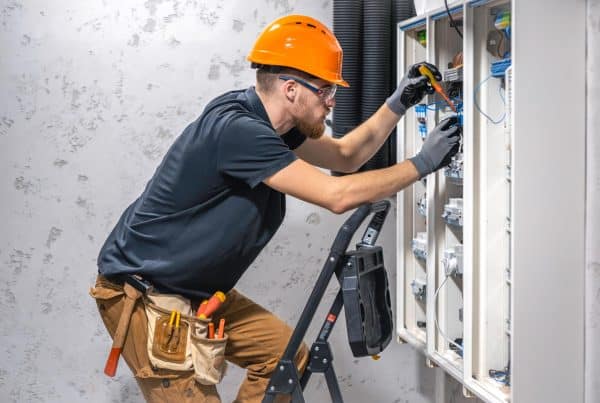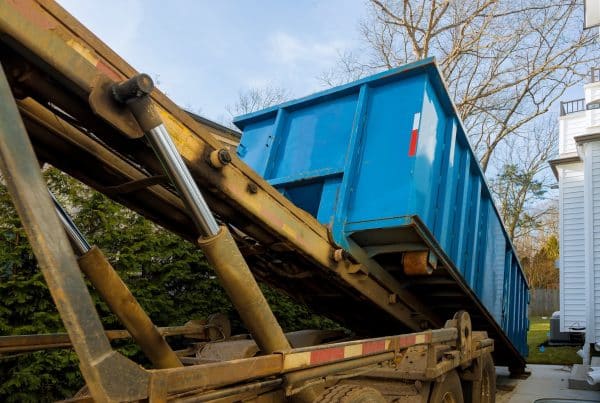Despite various water heater replicas, they all suffer from the same common problems. The commonly used water heaters are either gas or electric-operated. Below are some of the water heater issues you may experience and tips on fixing them. As always, in case you experience any difficulty with the repairs, it is advisable to contact a professional plumber.
1. Water Heater Producing Cold Water
If your water heater is not heating water, there are two major places you need to check, but it will also depend on whether the water heater is electrically or gas-powered. For an electric-powered water heater, the major reason it could not be heating water is that it is not receiving power. Check the circuit breaker to identify if it has fallen to fix this problem. If it has tripped, you can easily fix it by turning it off first, then turning it on the back again. You may also opt for replacing the fuse in a situation where it has blown.
The thermostat setting could also be an issue. To fix the latter, you need to open the panel and press the red button, also known as the reset button. Excess water heating may be the reason it has become faulty. Call a professional plumber if your water heater continues to produce cold water after doing all the explained tips.
To identify problems in a gas-operated heater, you must look keenly to see if the gas valve is open. Close and tighten the gas valve, and the problem will be solved. The other problem can only arise from the burner or pilot having an issue, and you can replace it to fix the problem.
2. Water Leaks
Leaking water problems frequently result from loose plumbing connections. To fix these loose connections, you have to apply plumbing lubricant to tighten your faucets and to block leaks in your pipes. The leaks may also result from faulty valves that need to be replaced.
You can consult with your fixtures to know the recommended lubrication points. A corroded tank may also be the reason you are experiencing water leaks. You will have to replace your tank to solve this issue.
3. Dirty Rusty Water
Corrosion inside your tank is the most obvious reason you receive smelly, rusty-looking water. The major solution to this is replacing your tank. You can also blame it on a failing anode rod.
If the latter is the cause, you can flush the tank and replace the damaged anode rod before replacing your tank. Replacing the anode rod is less expensive and complicated, and you can check to see if it solves the problem. If the problem persists, you can now opt for getting another tank.
4. Experiencing Rotten Eggs Odors
Bacterial buildup in your tank is the cause of the smelly water flowing from your shower head. If the well is your water source, you cannot escape this problem. You can either flush your tank or increase the boiling point of the water by raising the thermostat to 140 degrees. Boiling water at maximum temperature will destroy the bacterial buildup.
You can also fully clean your tank with the help of chlorine bleach, and it will help eliminate all the dirt and bacteria in your tank. If the smell you experience resembles that of rotten eggs, it means that the anode rod is rotten and needs to be replaced.
5. Extreme Hot Water
Extremely heated water may cause burns in your body, making it a dangerous problem. Setting the thermostat too high is why your water heater behaves this way. However, you can easily fix it by simply turning the thermostat down.
If turning the thermostat down does not fix the problem, you can check if your temperature pressure valve is broken. If it is broken, this can be dangerous because when the water is heated to the right temperatures, the heater won’t stop heating water. For this reason, you will have to replace the pressure valve with a new one immediately.
Conclusion
It is crucial to note that electric-powered water heaters need full precautions to turn off the power. Educate yourself on these precautions here. Failure to adhere to these precautions can cause serious injuries or even death.








